Welcome to Part Two in our Sleep Training series. If you haven’t already done so, please read part one as it contains very important steps that you will want to implement before sleep training.
Baby Sleep Training and Crying: An Emotion to Be Supported
Many times parents come to me, at their end of their rope. They are beyond tired, frustrated, constantly arguing with their spouse and impatient with their children.
They know that their lack of sleep isn’t letting them be the best parent they could be, but they have put off any sleep training because they are worried their child will cry.
Sometimes this can translate in a parent’s mind that their child will feel abandoned or scared. But crying doesn’t necessarily mean lonely or fear, it can also mean they are angry and exhausted. It’s important to have the appropriate response to each circumstance.
If your family is so exhausted that you can’t even function, then you need to make changes.
We do need to be realistic though; you are changing the way they have fallen asleep for months or years. Adults rarely joyfully embrace change, so why would we expect our little ones to?
In general your child isn’t going to be happy about it, especially when they’re tired. But I don’t want you to be scared of their emotions. Protesting, being frustrated, voicing complaints is normal.
Supporting it, without suppressing it, is healthy.
We want to show our children that we are there for them, that they can express themselves and we are there to support them through their learning.
Cry Me A River
So this is the big issue that makes sleep training so hard for all of us.
Everyone wants to know: How-Much-Will-My-Child-Cry?
If you’re wondering why I’m not saying “if your child will cry”, it’s because, in the vast majority of cases, a child cries at some point during sleep training. Of course, there are some children who don’t cry at all, or only fuss, but they are in the minority.
It would be great if I could promise you no tears in every situation, but that’s just not realistic. Saying that there is a sure fire ‘no-cry’ sleep training method is misleading.
Crying When Tired
Let’s think about the crying a child does during sleep training from another perspective.
Let’s say you are in a foreign country and everyone speaks a different language. You have no idea what they’re saying, but you do know that they’re saying something. Would you just assume the worst and fear they are plotting your demise?
Hopefully not.
You would probably use the context of the situation, their facial expressions, body language, your location and other factors to make a reasonable judgment call in regards to what they’re trying to communicate to you.
The goes for your child when he or she is crying. You need to use the context of the situation and make the appropriate call as to what they’re saying.
If they have a sleep debt from being massively overtired, and you are not longer rocking/holding/bouncing/feeding to sleep/replacing the soother a million times a night/driving all over town and trying to avoid red lights (think the movie Speed), then it’s reasonable to assume that they are crying because they’re frustrated. I often joke with my parents and say they are likely swearing at you in baby language. 😉
Sleep Training Does Not Equal Bad Parenting
You are not a bad parent for deciding it’s time to help your child learn healthy sleep strategies.
Every family is different and whether you want to start before any bad habit emerge or your ‘tools’ have stopped working, when you feel it’s time to change the situation, do it with confidence. Confidence in both your child and yourself.
You are not making your child cry, you are allowing them to express themselves.
You are helping them to learn a new skill that will benefit them for the rest of their lives.
You are being empathetic and understanding that they are frustrated, tired and just want to sleep, while giving them time and opportunity to practice these new skills.
You trust and believe in your child that they can learn new habits.
Sleep is one of the fundamental building blocks of human health. Not being well-rested is unhealthy for both your child and yourself.
Crying does not lead to health issues, but sleep deprivation does.
When you remove the sleep props or sleep associations that your child relied on to fall asleep, they will understandably be upset. But by setting up a great sleep routine, making sure your child is napping well, and keeping bedtime early, you will help to miminze the amout of frustration crying that your child does.
Worries, And Fears and Tears, Oh My!
But of course, everyone worries. I understand because I too, was also concerned when I first contemplated sleep training.
I had read every sleep training-shaming, mom-scaring, studies-out-of-context-taking, article out there. I thought I was a bad mom for not being able to handle the sleep deprivation. And so for a long time, I allowed my fear to override logic and health needs.
Fear can stop us in our tracks before we can even take a step forward. Our brains go into overdrive and imagine worse-case scenarios. But it’s important to not deny your child quality sleep and therefore optimal health, because of what may happen. Often, parents’ worries far exceeds the reality and a child doesn’t cry for as long or as hard as they thought.
It may ease your mind to know, as it did mine, that all the research shows that sleep training is safe and effective.
It is not child abuse, it’s not selfish and it does not lead to any long term (or short term) damage. (However, chronic sleep deprivation does.)
Want to help your baby sleep better at night, while minimizing crying? Download this FREE sleep guide.
But what parent loves to hear their child cry? None of us. However, crying happens. Along with diaper blow outs and gross-smelling spit ups. It is unrealistic, not to mention extremely stressful, to entertain the idea of never allowing your baby to cry.
Crying, especially when overtired is an emotion and a need for sleep.
And remember, you will minimize the amount of crying by following a great sleep routine before sleep training.
But Really, How Much Crying Will There Be?
So back to the main question-how long will the crying last? We’ve heard it before, but it needs to be said again: every child is different. There are many factors that influence how long a method starts to work such as:
- age
- method
- personality
- consistency of parent implementation
- quality of day routine
- sleep debt amount
- how many attempts at sleep training were previously tried
These factors will all influence how long they sleep training will take, which makes it difficult to provide exact answers on the time a child takes to learn new sleep habits.
I can however, offer you an estimate of how long each method takes to start seeing change and we will look at those in the future posts of this series. You can begin with Part Three: No-Cry Sleep Training.
Changing sleep habits is hard work, especially in the beginning, but when it’s time for you to make that change, know that your child is very capable of learning how to sleep more solidly on their own.
Want more tips to help your baby sleep better? Download the FREE guide; Sleeping Through The Night, 5 Tips Every Parent Needs to Know.


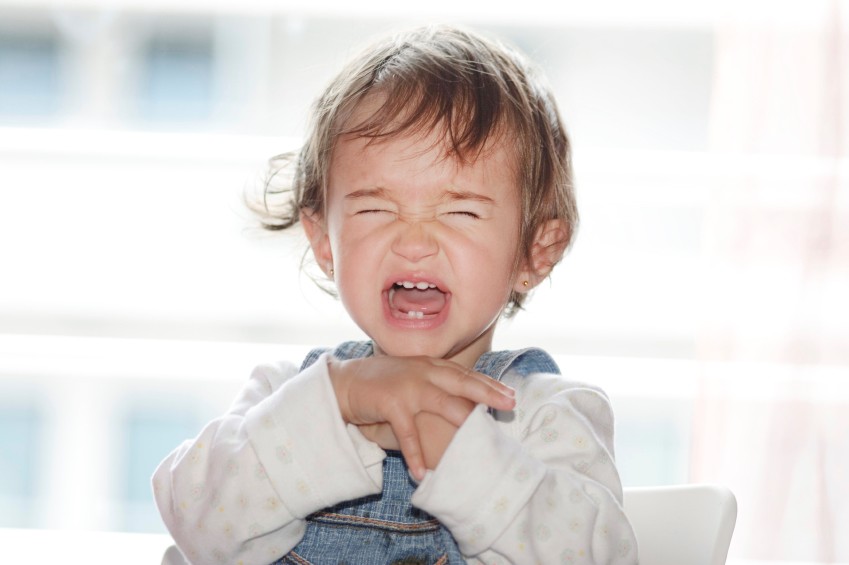
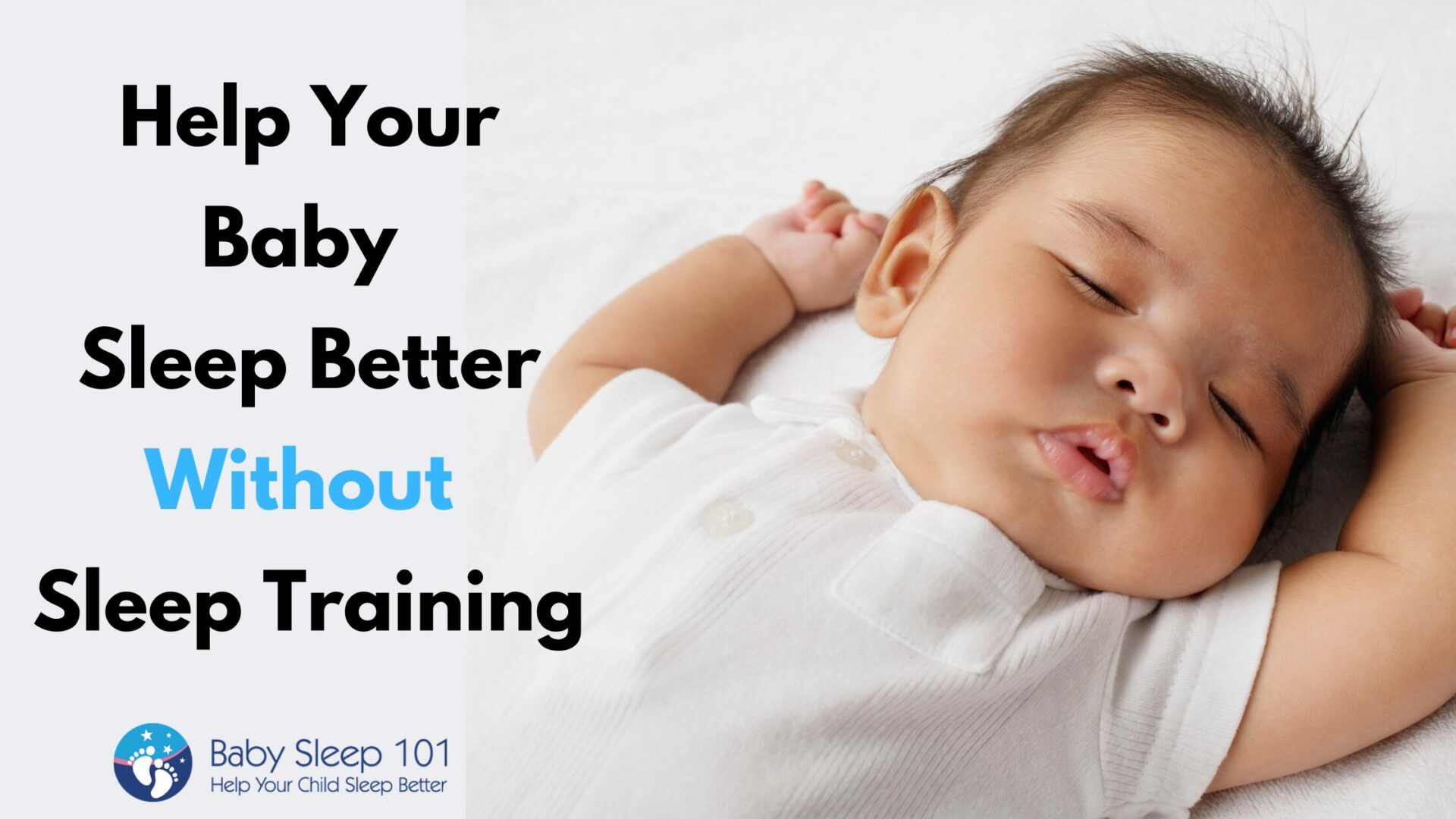
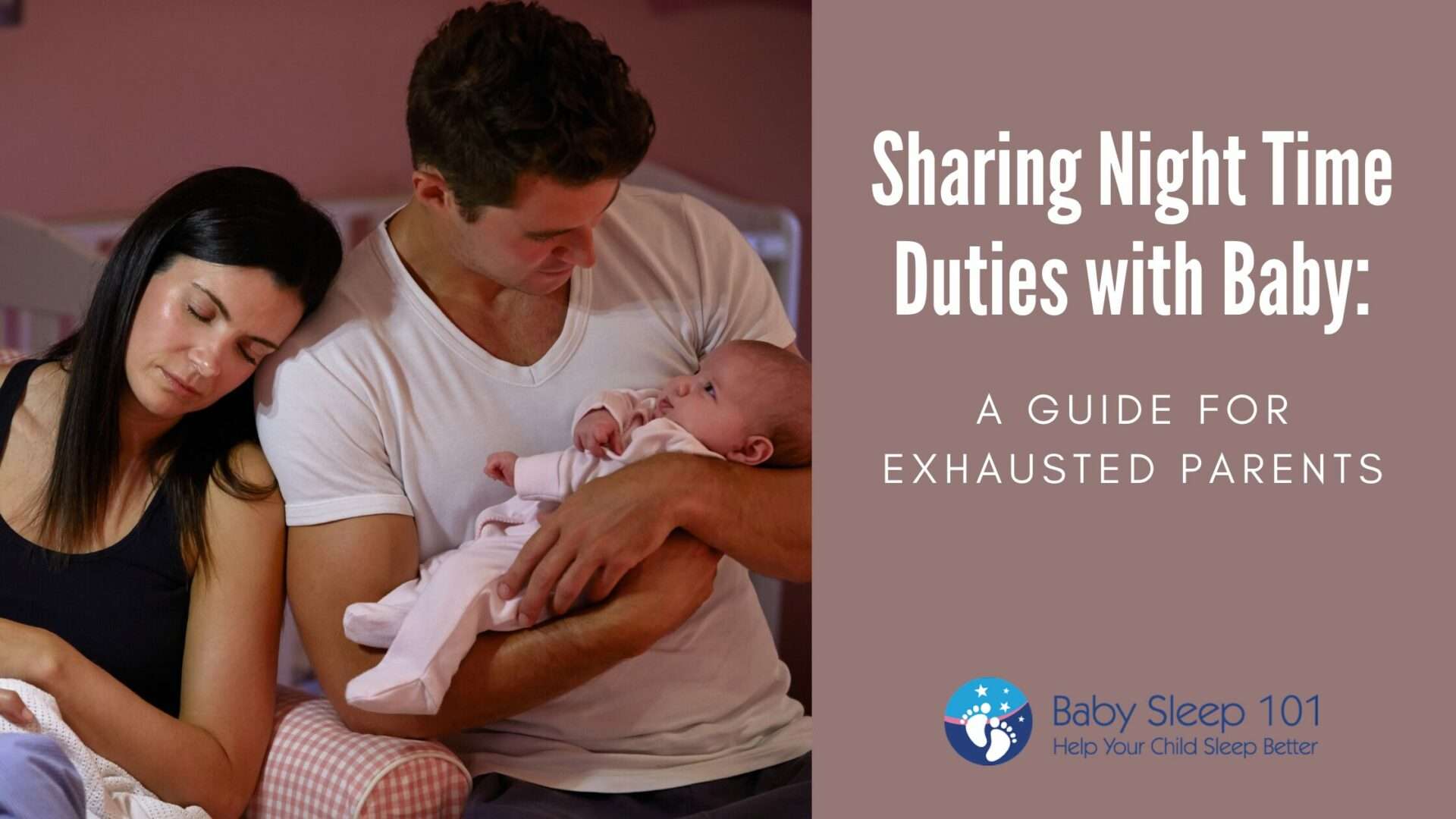

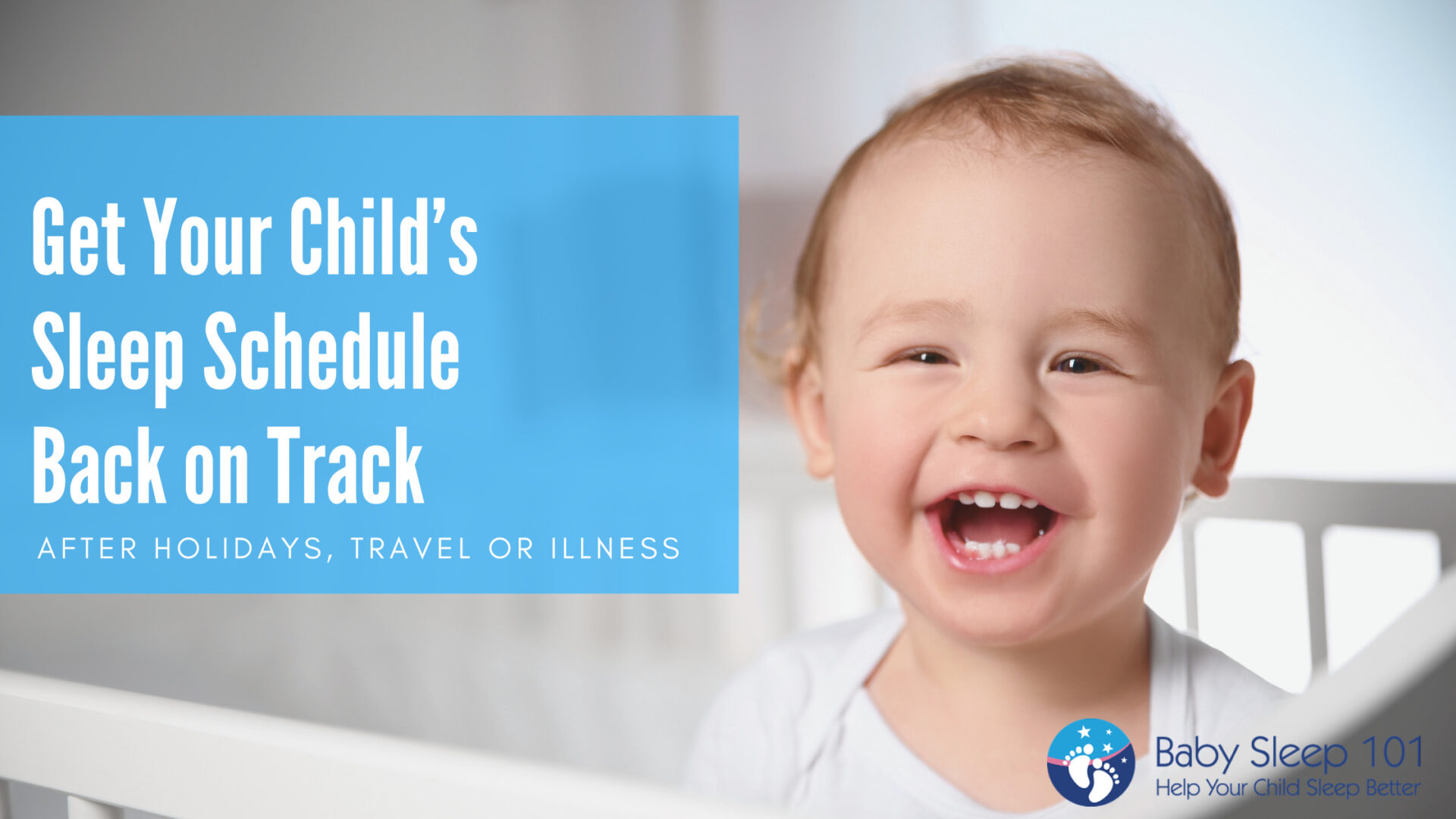


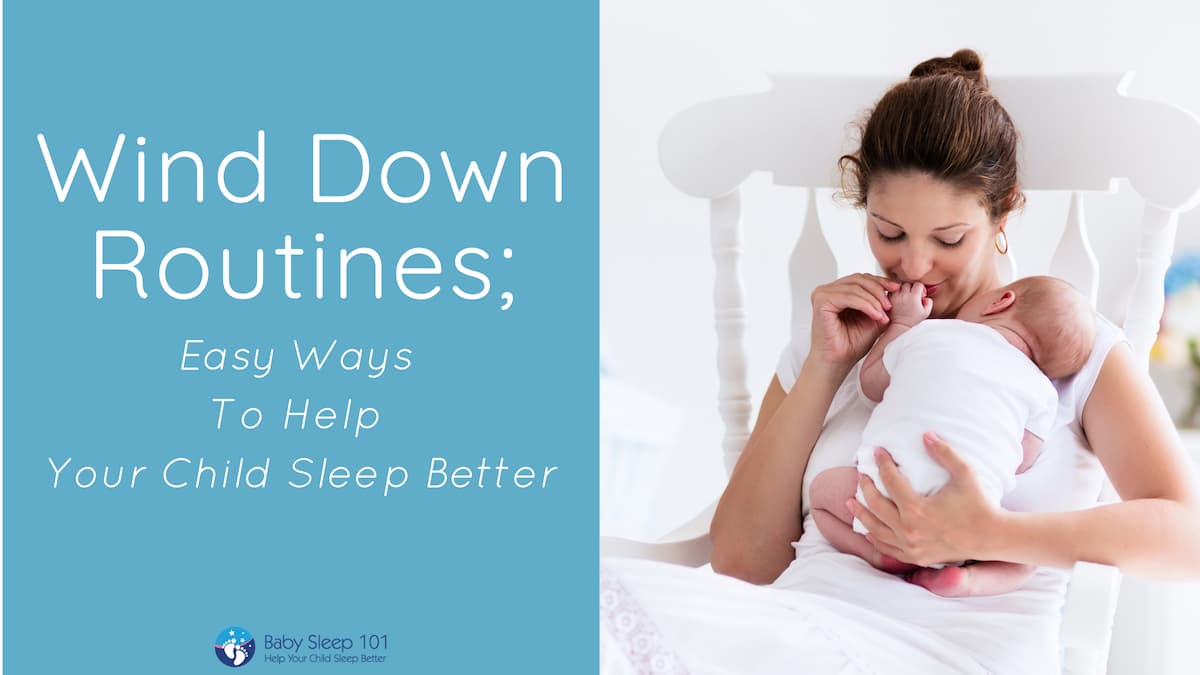

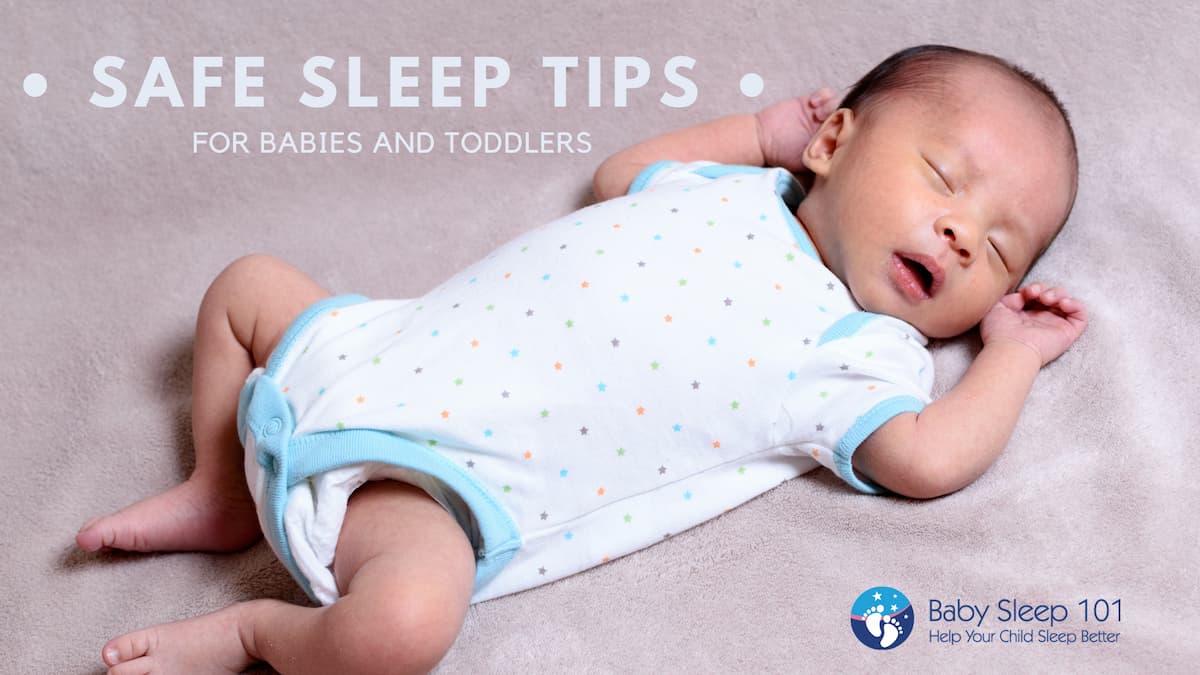

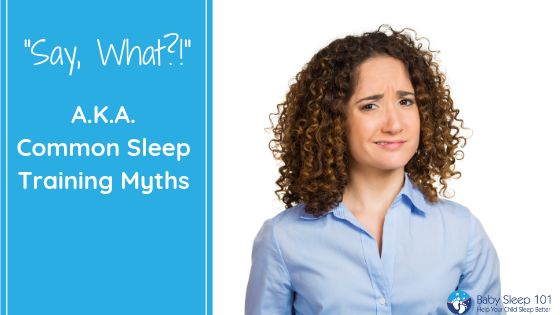
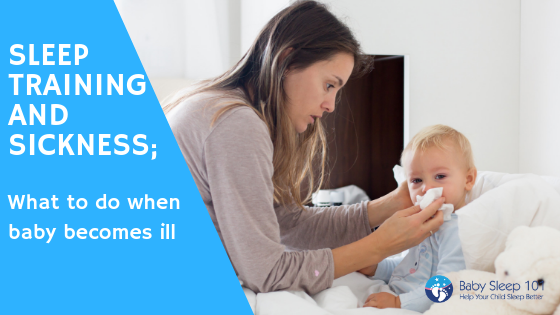
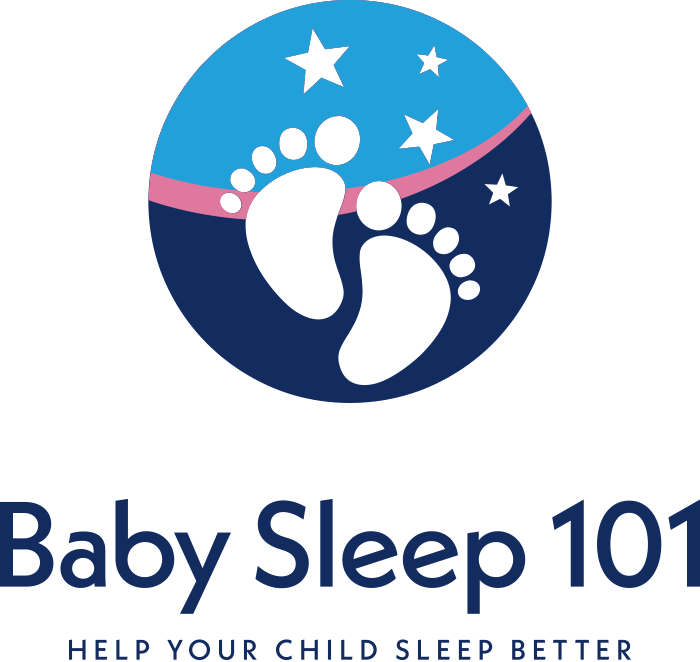
[…] Part One of this series and also have a good understanding of protest crying, which we covered in Part Two. If you haven’t read those sections, please do as they will help set you and your child up […]
Thank you for sharing your thoughts. I truly appreciate your efforts and I
am waiting for your next post thanks once again.
[…] Previous Next […]
[…] Previous Next […]
Amazing article for someone starting to sleep train.
it didn’t help. Im still crying